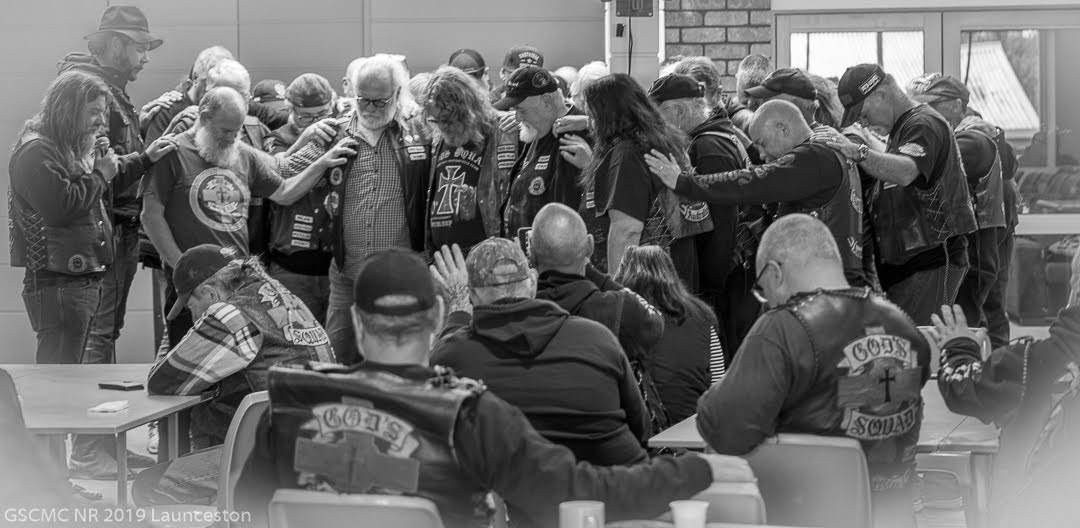Womin-Jeka, (which is the local Wurundjeri indigenous phrase for welcome in my part of Australia) sisters and brothers and warm greetings from a hot Melbourne summer’s day. I trust all is well in your world in the lead up to Christmas. Today’s gospel text comes from Matthew 18:10 -14 where Jesus tells the parable of the lost sheep.
We live in a world today of great divide, the haves and the have nots. Many people feel like they are excluded from being regular contributors in our society because of their race, religion, gender, sexuality, where they come from, where they are living (or not), what they look like, what they ride or for many other reasons. They hear this message loud and clear all around them. Often it comes from our politicians, our media and sadly from many of our churches.
Each week I’m involved with offering healthy nutritious meals to people who feel alienated and marginalized. They may be rough sleepers, women and children coming out of domestic violence, single parents struggling to make ends meet, the elderly and others on their own. It is more than just offering a meal, it is about a place at the table. Sharing a meal and life together in a safe, nurturing environment helps people to feel included and connected, like they belong, as we attempt to share the love and grace of Jesus.
In today’s passage in Matthew’s version, Jesus is teaching his disciples on how to respond to the little ones around them, the children, the insignificant ones. Earlier in the chapter, the disciples were asking about who would be the greatest and Jesus points to a child and says when we welcome the children, we welcome him (Matt. 18:1-5) He then goes on to talk about the shepherd leaving the 99 sheep to look for the one who is lost. Luke also records this story in the context of the religious leaders mocking Jesus for hanging out with the wrong crowd (Luke 15:1-7).
The emphasis is not on the 99 who do not wander off but on the one who does, and the compassion of the shepherd to go and find them. In many ways, it does not make sense. Isn’t it better to look out for the other 99 and concentrate on them? But our loving and gracious shepherd is not like that.
You see our God is not a tyrant who demands obedience to impossible demands, but rather a God who actively seeks restoration: “a God merciful and gracious, slow to anger, and abounding in steadfast love and faithfulness” (Exodus 34:6; Psalm 86:15, etc.).
We are in the middle of advent now, the season of preparation leading up to Christmas. It is a real highlight of the church calendar as we celebrate that the God of the universe, who came down to earth, put on skin and lived as one of us.
Jesus’ birth is a subversive story itself. The scandal of being born of a virgin, conceived out of wedlock, in the backwater of a no-name place in Palestine. His birth is announced to humble shepherds in the field, shepherds who would not normally be given any status of significance in society. His family goes on the run and have to seek asylum in a foreign country to escape a murderous tyrant (sound familiar?).
As we continue in this advent season, may we remember that we worship a God who is intimately interested in all our lives, especially those who feel insignificant and excluded. May I say the 1%ers today.
May we today follow the example of Jesus, and look for the one sheep around us who has wandered off, and not just further exclude them by our words and actions, but truly welcome them in as the shepherd in today’s reading. As we do, we are reminded again that Jesus came to comfort the disturbed and to disturb the comfortable. May we live out this hope today. A-men
Barro – Melbourne chapter, Australia
(image from our recent National run, praying for some of our new life members)
